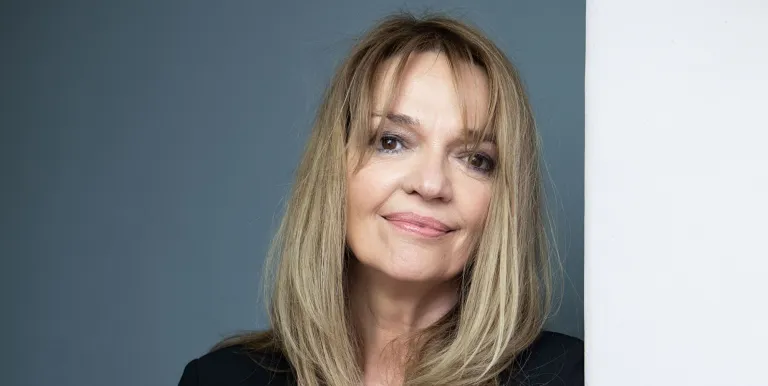Soloists: Beatrix Fodor, Lúcia Megyesi Schwartz, József Mukk, Kolos Kováts Beethoven: Symphony No. 9 in D minor, op. 125 The Philharmonic Ensemble Orchestra, established in 1976, is a non-profit orchestra with no patrons which can be proud of contributing to musical history with the first ever performance in Japan of Leoncavallo’s I Pagliacci in 2004, a huge success with both critics and audiences. The ensemble also performed as guests in the United States, in China and also in Europe. In 1998, the orchestra performed Toru Takemitsu’s Threnody to the Victims of Hiroshima at the Vienna Musikvereinssaal, alongside works by Austrian composers. On their second European tour, they performed Shigeaki Saegusa’s cantata Tengai in the Grand Hall of the Berlin Philharmonia. On this, their third European tour, the ensemble will play in Budapest and Vienna, with conductor Kenichiro Kobayashi. He was born in 1940 and studied at the Tokyo National University of Fine Arts and Music where he is now a professor. His international career was launched in 1974 when he won the 1st International Conductors’ Competition of Hungarian Television. He is currently music director of the Japanese Philharmonic and also a guest conductor of various Japanese and foreign ensembles, as well as the conductor emeritus of the Hungarian National Philharmonic Orchestra. Kobayashi says that the Symphony No. 9 by Beethoven played a pivotal role in his life: he heard it for the first time at the age of ten and said the effect was as if the “Gods had spoken to me. The melodies were mixed together and murmuring, and then suddenly, they transmogrified into freedom and light and this profoundly affected me as a young boy. In the midst of my tears, I resolved that if some giant thing can be created from »nothing«, then it is worth sacrificing an entire life to conquering the world of composition”. And so Kobayashi studied composition, although ultimately he found his true calling on the conductor’s podium.
Presented by:
-
We wish to inform you that in the event that Müpa Budapest's underground garage and outdoor car park are operating at full capacity, it is advisable to plan for increased waiting times when you arrive. In order to avoid this, we recommend that you depart for our events in time, so that you you can find the ideal parking spot quickly and smoothly and arrive for our performance in comfort. The Müpa Budapest underground garage gates will be operated by an automatic number plate recognition system. Parking is free of charge for visitors with tickets to any of our paid performances on that given day. The detailed parking policy of Müpa Budapest is available here.












